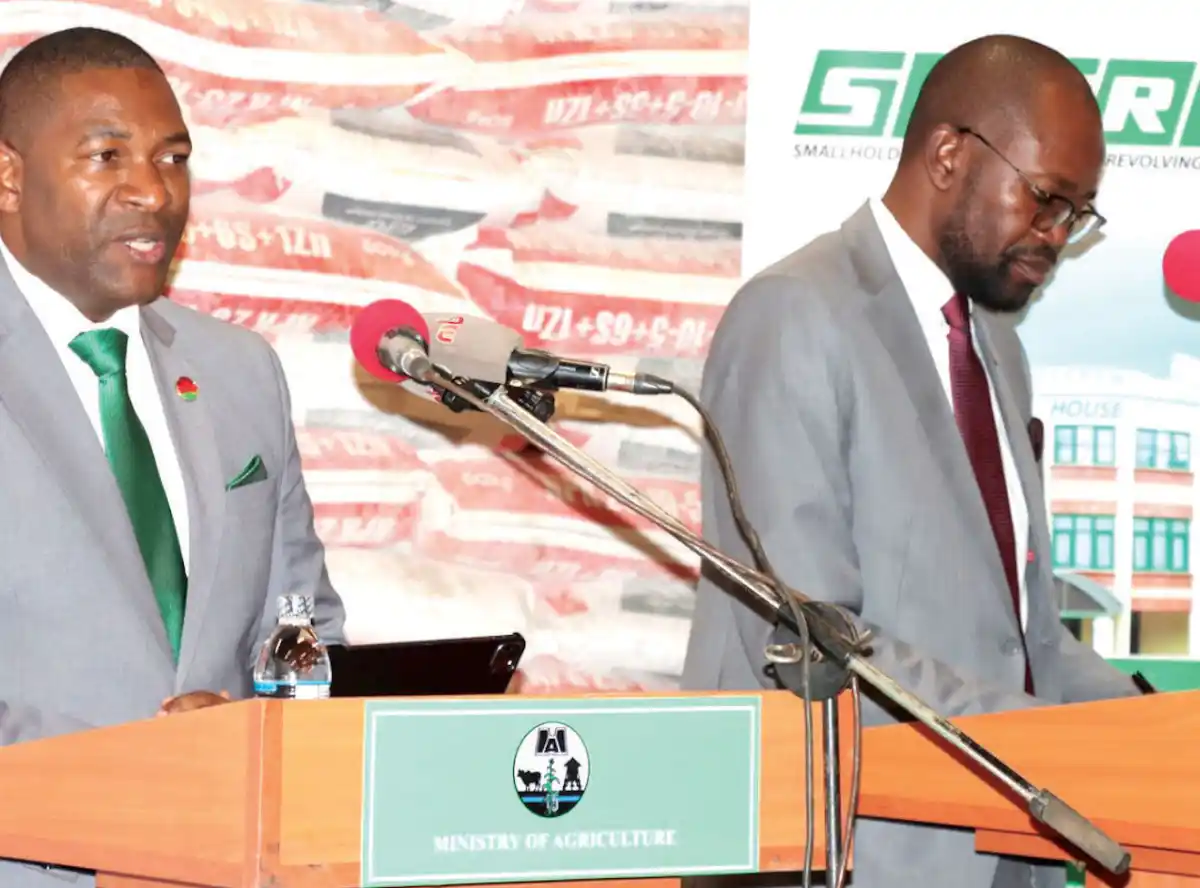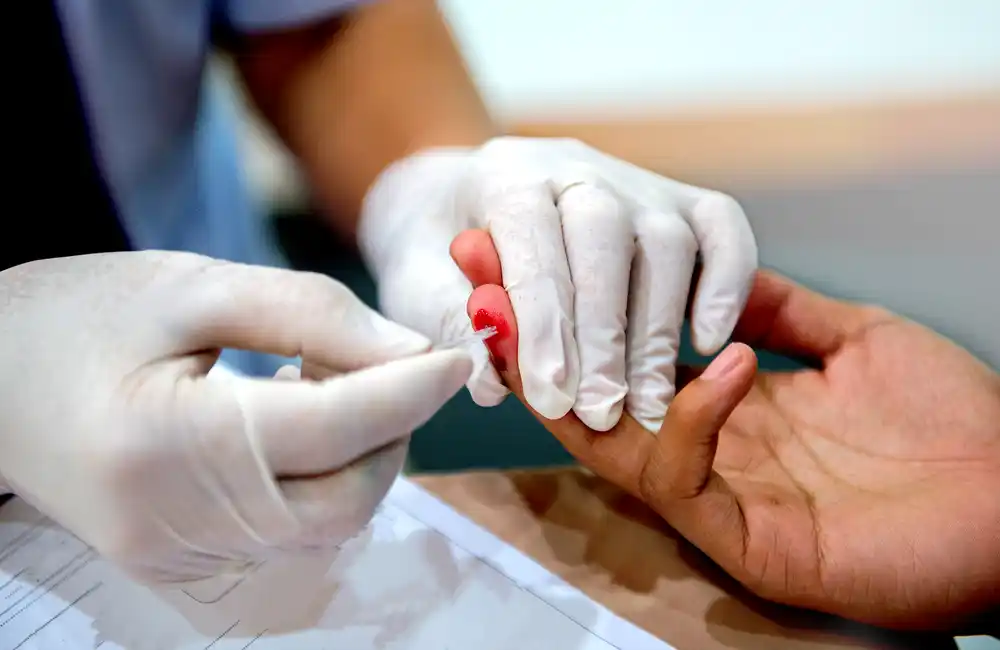
With the rainy season just around the corner, the government has disclosed that it has so far secured 39,354.3 metric tonnes (MT) of fertiliser, which is less than half of the 104,845 MT required for this year’s Affordable Inputs Programme (AIP).
The secured fertiliser constitutes 38 percent of the total requirement, meaning that 62 percent is yet to be secured.
This is casting doubt on the government’s ability to deliver in time the subsidised fertiliser to the 1.1 million farming households earmarked to access the inputs in the 2024-25 growing season.
It is also reminiscent of previous programmes that failed to achieve a 100 percent, or something closer to that, success rate, with farmers in some areas accessing the inputs just weeks before harvesting time.
Briefing reporters in Lilongwe Monday, Minister of Agriculture Sam Kawale said that 102,845 MT are being procured through the current budget, while the remaining 2,000 MT are from carryover stocks.
Kawale added that the rest of the fertiliser needed is in the warehouses of the companies selected to supply it, either in Malawi or in Beira.
According to Kawale, for this year’s growing season, the government needs to purchase 64,130.14 MT, which includes 20,000 MT supplied by the Smallholder Farmers Fertiliser Revolving Fund of Malawi and 44,130.14 MT provided by 19 private suppliers identified through national competitive bidding.
“The fertiliser will be dispatched soon after payment. Four more companies are about to be cleared to be added to this list. We will inform you once that is done by the end of this week.
“The country has enough seeds for both AIP beneficiaries and commercial farmers. The Seed Services Unit in the Ministry of Agriculture estimates that the 11 seed suppliers contracted in AIP this year are expected to produce almost 21,500 metric tonnes of seed.
“However, AIP will only require 5,242 metric tonnes of seed out of this amount, leaving more for non-AIP and commercial farmers,” Kawale said.
But Chairperson of the Parliamentary Committee on Agriculture, Sameer Suleman, said it is a shame that the government is showcasing fertiliser that has apparently already been paid for.
He expressed concern that, up until now, the government has not finalised issues relating to AIP.
“This is very shameful; the tonnage they are presenting is not sufficient as the budget has already been passed. We need to see the list of beneficiaries and understand why the numbers have decreased.
“This fertiliser is not ours; we need to see where our AIP money has gone. They need to increase the number of beneficiaries rather than reduce it, especially given the hunger situation in the country,” Suleman said.
Agriculture development expert Horace Phiri also said the situation was concerning but expressed optimism that those in charge will be able to secure financing for the programme.
He placed his hopes in development partners who could assist the country in this matter.
“After Cyclone Freddy and El Niño last year, which reduced harvests for many farmers, coupled with high inflation, many are now at a point where they cannot afford to buy fertilisers and seeds at market rates,” Phiri said.
For this growing season, 1.1 million farming households are expected to access the subsidised inputs, 400,000 down from the 1.5 million that were listed in the last season.
Others, such as the elderly and people with disabilities who may be hindered from being productive in farming, are being supported through other social protection programmes.








0 Comments